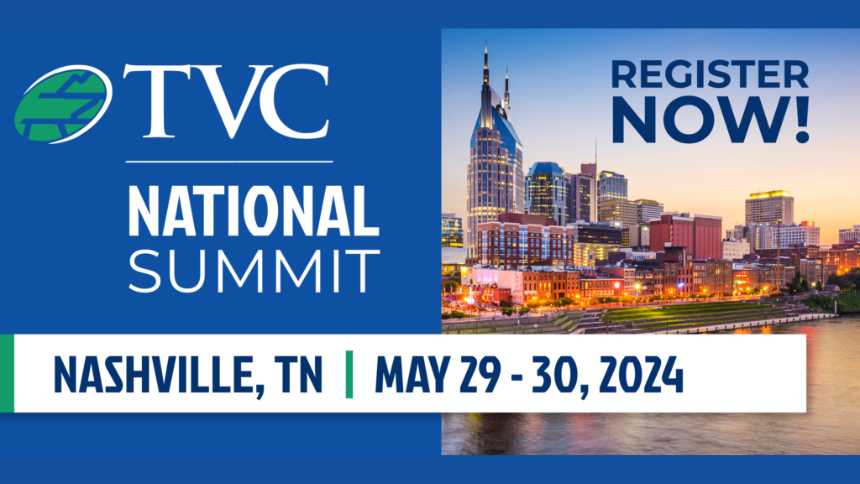
TVC National Summit wraps-up with two topics: discovery and mobility
The Summit will return to Oak Ridge where it started for the 30th anniversary celebration in 2025.
Discovery and mobility were the themes during the second day of the 29th annual Tennessee Valley Corridor (TVC) National Summit on Thursday at Vanderbilt University in Nashville.
From an address by Stephen Streiffer, the still relatively new Director of Oak Ridge National Laboratory (ORNL), to panels focused on the two topics, the final day of the event continued to cast a spotlight on interesting ways that the five-state region is providing “National Leadership through Regional Cooperation.” That was the theme adopted for 2024.
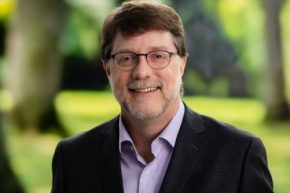
“The nation and the world are facing multiple inflection points,” Streiffer told the attendees, explaining during his presentation ways that ORNL is helping address the challenges. They include everything from climate change to artificial intelligence (AI), quantum computing, global security, and acceleration of innovation.
Noting that the inflection points are intertwined, he talked about ORNL’s contributions across a very broad spectrum – fusion and fission, isotopes, neutron scattering, materials and chemical processes, clean energy, and national security.
“We do things no one else can,” Streiffer said at the end of his talk as he cited four examples:
- Partnering with EPB in Chattanooga on quantum computing and grid security, something he had earlier said was important for two reasons – quantum is very secure, and quantum technologies can solve problems that even Frontier, the world’s fastest computer, cannot.
- Producing isotopes.
- Leading in carbon fiber.
- Using advanced manufacturing to produce components for nuclear reactors.
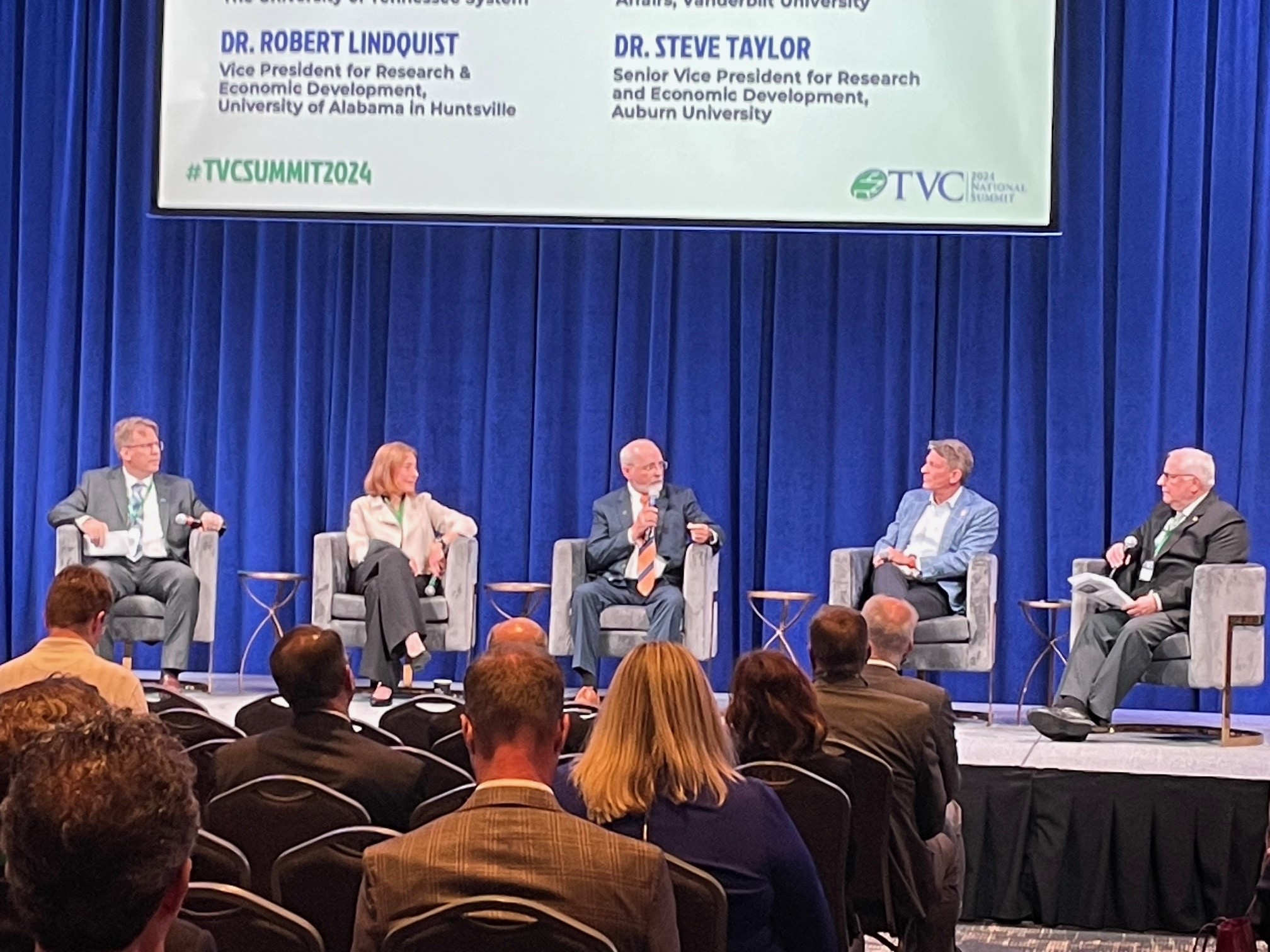
Higher ed panel discusses everything from workforce to AI.
Ahead of Streiffer’s presentation, Andy Page, President and Chief Executive Officer (CEO) of Oak Ridge Associated Universities, moderated a panel that included leaders from four TVC universities. They were:
- Randy Boyd, President of the University of Tennessee (UT) System;
- Robert Lindquist, Vice President for Research and Economic Development at the University of Alabama in Huntsville;
- Cybele Raver, Provost and Vice Chancellor for Academic Affairs at Vanderbilt; and
- Steve Taylor, Senior Vice President for Research and Economic Development at Auburn University.
Boyd doubled down on something that is top of mind for him – the value of higher education. As he has on many occasions, the UT President addressed what he said were the myths that “are an existential threat to higher education.”
- The first was people do not go to college anymore. In fact, enrollment is up two percent in the past few years in Tennessee, and 15 percent across the UT System.
- The second are people asserting that a high school degree is enough. In fact, employment for those jobs in the Volunteer State declined by 90,000 in the last 10 years while, on the other hand, the growth has been much higher for jobs requiring a technical certificate (up 49,000) and a four-year degree (an increase of 361,000).
- Another was debt after graduation. Boyd said that 47 percent of those graduating from a UT campus are debt free.
“College is a great value,” he declared.
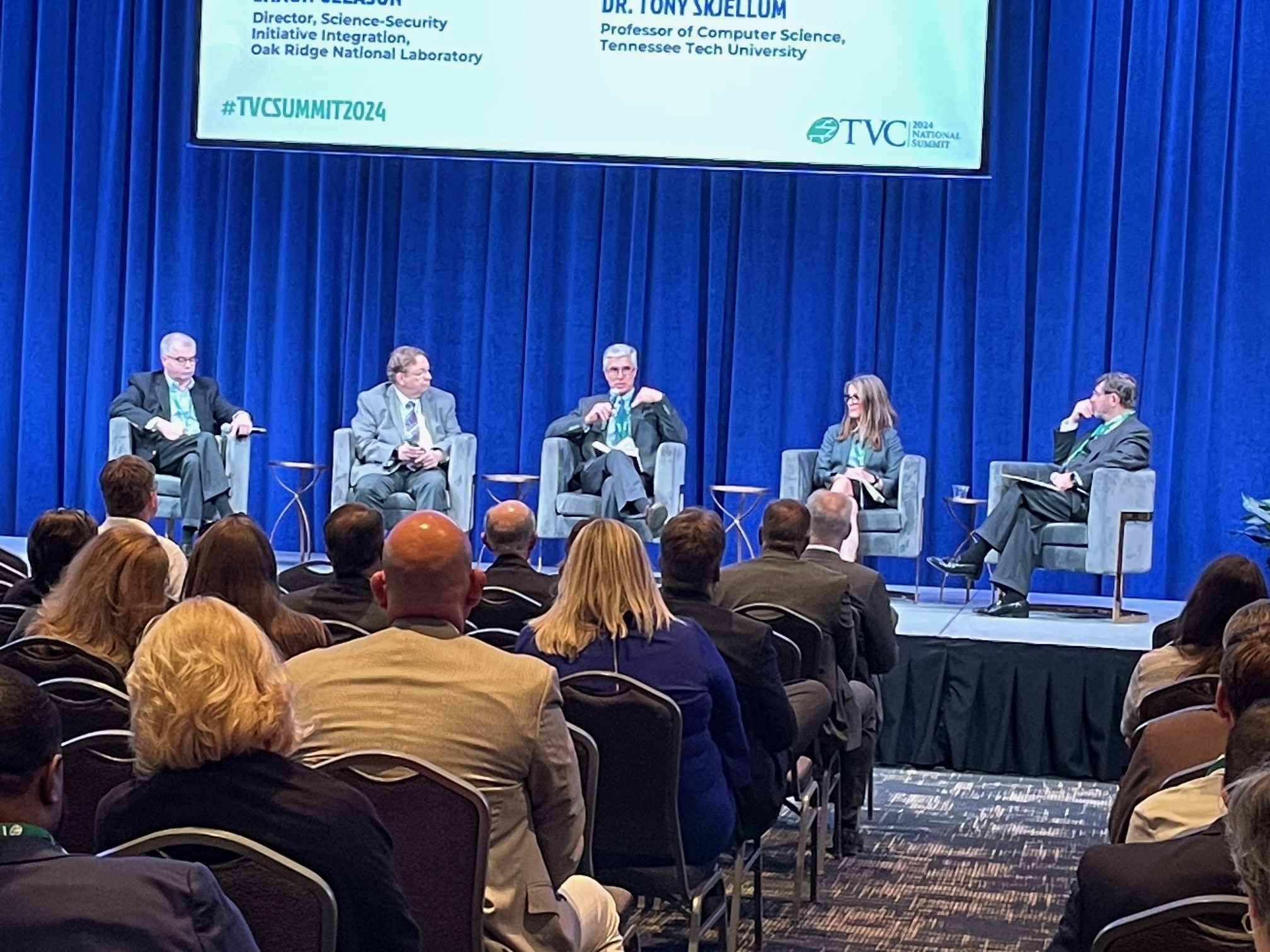
Another panel focused on quantum computing.
Four individuals addressed the burgeoning growth and interest in quantum computing. Two were from Chattanooga – Danna Bailey, Chief Communications Officer for the Chattanooga Quantum Collaborative, and Jim Ingraham, Vice President for Strategic Research at Chattanooga’s EPB. Two others have strong ties to the city. Tony Skjellum was a member of the faculty at UT at Chattanooga before moving to Tennessee Tech University (TTU), and Shaun Gleason, Director of Science-Security Initiative Integration at ORNL, is heavily involved in the quantum ties between ORNL and Chattanooga. The panel was moderated by Terry Saltsman, TTU’s Chief Government Affairs Officer.
“Fifteen years ago, quantum was 20 years away. Today, optimistic folks are saying five years,” Gleason said, adding, “We have one of the highest concentrations of quantum scientists in the nation.”
He urged a collaborative, multi-state regional approach to making the Southeast the epicenter for quantum computing. That theme was also consistent with what Bailey said. “We need collaboration, partnerships, and funding. We (also) need to start engaging more deliberatively with the business community.”
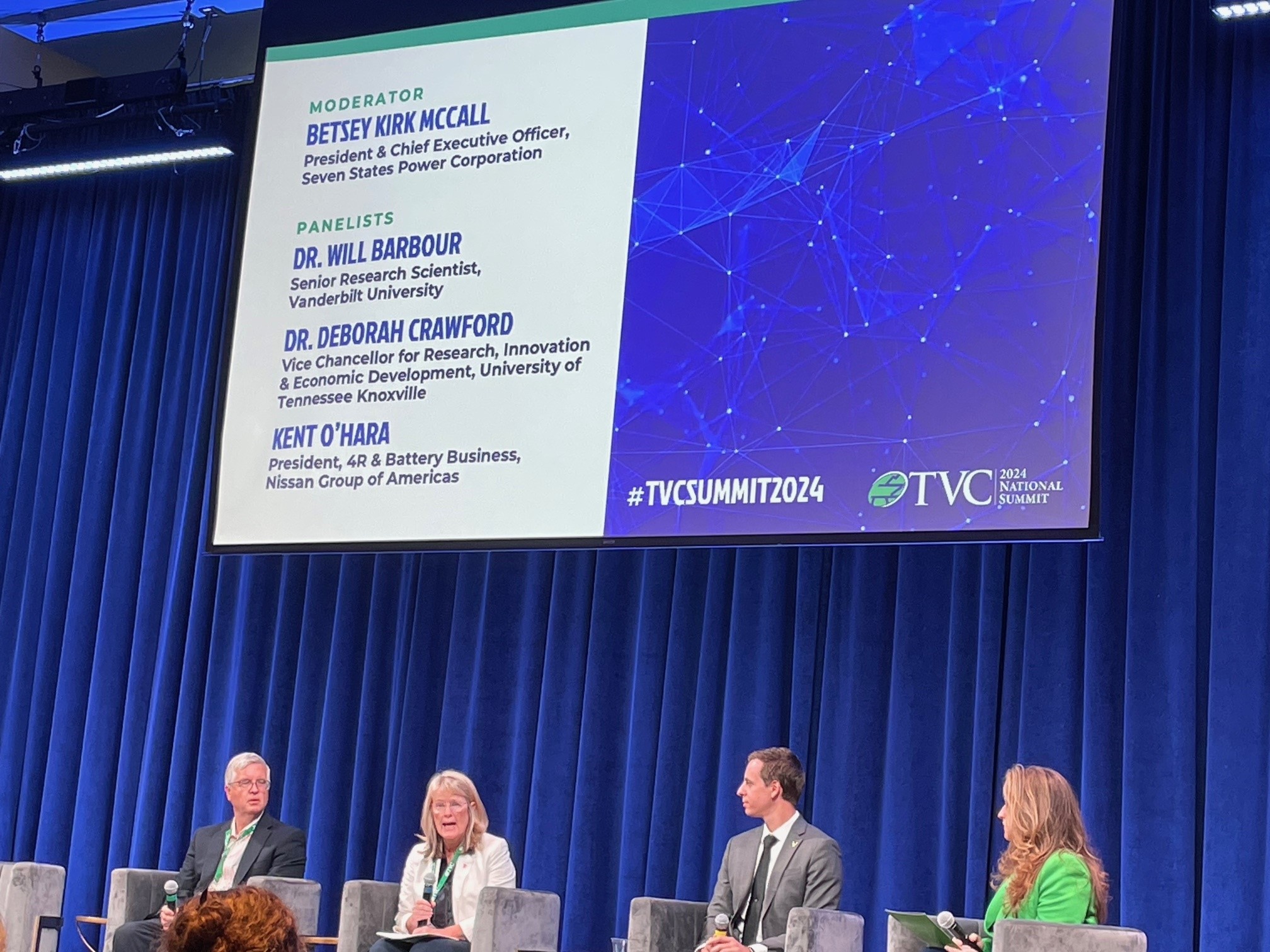
Mobility and other R&D efforts wrapped up the Summit.
Ahead of a final panel, Commissioner Stuart McWhorter of the Tennessee Department of Economic and Community Development discussed TN GO, an initiative to move the Volunteer State beyond just manufacturing, which is still vitally important in terms of jobs, to higher end engineering and design and research and development.
“Mobility will be a big part of it (TN GO), but it is (also) about R&D,” McWhorter said. He also cited the Launch Tennessee study, completed by RTI, that compared Tennessee to peer states. Titled “Scaling Up . . . Benchmarking and Recommendations for Growing Tennessee’s Tech-Based Economy,” he specifically focused on the state’s level of industry-sponsored research compared to our peers.
After the Commissioner’s comments, Betsey Kirk McCall, President and CEO of Seven States Power Corporation, moderated the last panel that included Will Barbour, Senior Research Scientist at Vanderbilt; Deborah Crawford, Vice Chancellor for Research, Innovation, and Economic Development at UT, Knoxville; and Ken O’Hara, President of the 4R and Battery Business at Nissan Group of Americas.
“We are doing R&D in many of the areas that affect transportation,” Crawford said, citing everything from advanced materials to automation. She mentioned Team TN, one of 44 recipients of a $1 million “National Science Foundation (NSF) Regional Innovation Engines Development Award.” With more than 100 partners statewide, Crawford indicated that the consortium would be an applicant for up to $160 million in the latest round of solicitations for a Type 2 award.
The Summit returns to Oak Ridge for its 30th anniversary
The event will return to Oak Ridge, a much different city than it was in 1995 when many of the activities were held under a tent at what is now the DoubleTree Hotel.
Like what you've read?
Forward to a friend!

